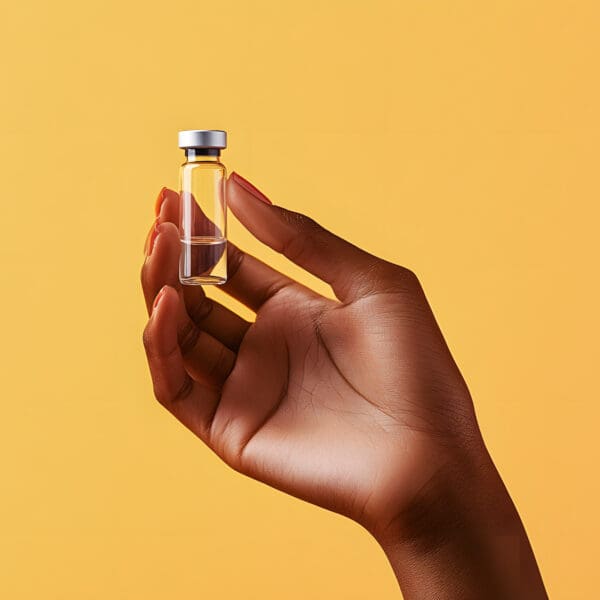I recently came across an article on curcumin that caught my attention. Turmeric, known for its vibrant yellow hue and long-standing role in traditional medicine, has gained popularity in recent years for its potential health benefits, particularly its impact on cholesterol and interactions with various medications. Research suggests that turmeric, especially its active compound curcumin, may help lower cholesterol. The research is promising, but there are important safety considerations as well.
Turmeric and Cholesterol: What the Research Shows
Meta-analyses of randomized controlled trials suggest that turmeric supplementation may lower LDL (bad cholesterol) and triglycerides, while potentially increasing HDL (good cholesterol). These changes are likely linked to curcumin’s anti-inflammatory and antioxidant effects, which may help reduce plaque buildup in arteries and promote better cardiovascular health. While the evidence is evolving, the potential for turmeric to support heart health is compelling.
The NRF2 Pathway: A Key to Inflammation Control
Many of turmeric’s benefits extend beyond cholesterol. Curcumin has been shown to activate the NRF2 pathway, a powerful mechanism that stimulates the production of compounds capable of reducing inflammation throughout the body. This makes turmeric a promising option for supporting the body’s defenses against chronic inflammation, joint pain, digestive issues, and possibly even cancer prevention.
Turmeric and Medication Interactions: Know the Risks
Despite its potential, turmeric is not risk-free. It can interact with several medications:
- Diabetes Medications: Curcumin has natural blood sugar-lowering properties. When combined with medications like metformin or insulin, turmeric can increase the risk of hypoglycemia (dangerously low blood sugar). Symptoms can include shakiness, confusion, blurred vision, and more. While this effect may benefit some, individuals with diabetes should speak to their healthcare provider before starting turmeric supplements and may require close monitoring of their blood glucose levels.
- Liver-Metabolized Medications: Turmeric can affect liver enzymes, particularly those in the cytochrome P450 family, which are involved in breaking down many prescription drugs. By altering enzyme activity, turmeric may cause medications to be metabolized too quickly or too slowly. This could reduce a drug’s effectiveness or increase the risk of side effects and toxicity. Anyone taking medications processed by the liver should consult with their provider before introducing turmeric in medicinal doses.
For high-quality curcumin supplements, I recommend products from HumanN or Thorne Research. For patients seeking the most potent option, we also offer intravenous curcumin at PUR-FORM, where we photo-activate it through our proprietary PurLight technology. Our innovative approach enhances curcumin’s therapeutic potential.
While turmeric and curcumin offer promising benefits for cholesterol, inflammation, and overall wellness, the science is still developing. They may interact with medications and should be used carefully. If you’re managing a chronic condition or taking prescription drugs, always consult your healthcare provider before adding turmeric to your routine.
-Dr. P















